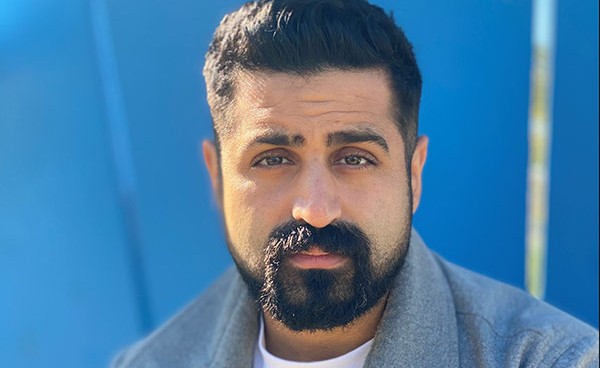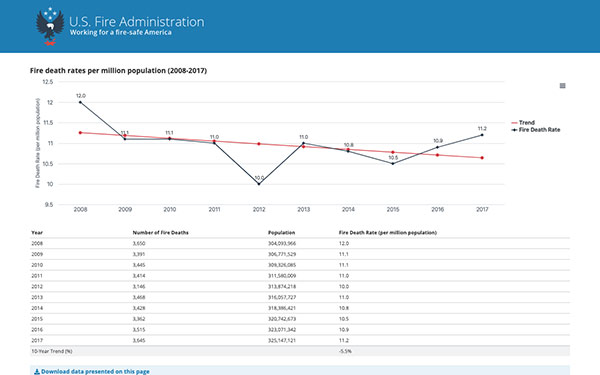
By: Amir Emadi
People who’ve fallen in love with the entrepreneurial life have a condition. I have it too. It’s the kind of sickness that makes us persevere in the face of market obstacles. We call it passion.
Others call it a craze. Yet, those people probably haven’t experienced the joys of succeeding at taking a risk no one else would. I’ve seen too many entrepreneurs give up before trying.
I’ve seen even more make financial decisions hastily, and as a result, fail at running their startups.
What separates an entrepreneur, in my opinion, is the ability to adapt to stressful situations. This defines emotional resilience, which is a learnable skill. It’s a necessary skill to stay measured through life and business uncertainties.
I may have an unfair advantage that has made most uncertainties in my life seem menial. As unfortunate as it is, I’ve seen a lot of death — in its raw and abrupt nature.
My father was killed in Iraq in 2013. He had been there for many years, part of a group that sought to free the people of Iran from the ruling clergy. When the US-led Operation Iraqi Freedom, my father and his friends allied with American troops and began providing intel on Iran’s violent influence in the region.
Meanwhile, I was on the other side of the planet. I had taken up the same cause in a different fashion. My role in Washington was to advise American policy on Iran (such as nuclear sanctions) and to educate our policy makers on physical security vulnerabilities (such as how Iran funneled IEDs to Iraqi insurgents).
It was a group of those insurgents that killed my father years later. They broke into the camp that held the assets my father had been tasked to protect. And they shot him.
- I was devastated.
- I didn’t believe it.
- All I could think was “this shouldn’t have happened.”
You’re probably wondering what all of this has to do with startups. I’ll tell you.
My experience on the Hill and knowledge on our military blindspots showed me an opportunity to help our first responders. The people who risk their lives to provide public safety to all Americans include people like my dad and our military. But they also include law enforcement, EMTs, and firefighters.
Before I departed Washington, my friend and former Secretary of Homeland Security, Tom Ridge, told me:
“You only see the value in things when they’re gone. But, Amir, you have a choice to make. Do you want to spend the rest of your life confused and angry? Or are you going to adapt and pick up your father’s flag?”
Secretary Ridge was telling me to be resilient. I had a mission to continue my family’s legacy: to help people improve their lives.
Here’s the tech startup that connected drones to the physical security of our loved ones.

In my pursuit, I found a way to help our firefighters save time, money, and lives by moving their equipment with heavy lifting drones. My company’s miniature helicopters provided logistics support — the kind of logistics our military could have used to avert IED explosions.
Saving lives is an obvious reason why logistics is important for war-torn areas. But the importance wasn’t as apparent for other industries until we learned how firefighting logistics prohibited fire suppression.
Meaning, the more firefighters focused on moving stuff, the less they spent on putting out fires. And that is why a wildfire grows from 10 acres to 10,000 acres overnight.
We built a company that found a way to save our nation millions of dollars in property damage and firefighting costs. We built a technology that helped our firefighters control fires.
You see, when fires get out of control, we lose the things and the people we love.
We lose over 3,500 Americans a year due to fires.
Seeing this stat gave me a much-needed reminder when I asked myself why I continued living broke as a startup founder. Although building a drone startup is extremely difficult, seeing the positive impact it has on the world makes it all worthwhile.
You’ll have many trials as a startup founder. There’s a strong chance you’ll hear “no” from almost every investor. There’s a strong chance your startup won’t even succeed. But if you believe in what you’re doing, then you have to be resilient. Use your passion as fuel and stay measured.
Source: medium.com
